Have words escaped your lips that you later regretted or wished you had said differently?
Have you felt you flubbed up a conversation with a potential client?
Has somebody ever said something to you in a fit that really hurt your heart?
Have you ever talked a subject to death with a mate, client, or team member but gotten nowhere?
Have you ever debated in your head on whether you should say something or not to someone and ended up saying nothing?
Communication is a great thing, but it should be done in an intentional manner when the subject is emotional for you and/or the receiver.
My coaching clients often ask me, “What should I say?” when it comes to difficult situations involving other people.
Below are some guidelines that I’ve found useful. As always, they’re only good if you put them into practice and remember them when it counts.
1. If you’re really charged up about something, do your very best to wait until you’ve settled down a bit. This can be extremely challenging, depending on the circumstance. You can let the other person know you’re upset if they are in front of you.
I usually say something like this, “I’m really upset right now and I need to go calm down.” Then I walk out. When I decide to talk, I do my best to stick to the subject at hand and say things that create forward movement.
2. If the topic you’re upset about has been discussed many times, in dozens of different ways, drop it. Your ego may have a complete convulsion over this one. When you keep talking about, you’re literally activating this behavior to keep happening from the other person. You’re pushing against someone, and this is called resistance. You will have to solve this one by focusing on the outcome you desire with this person(s) or focusing on the ideal outcome for both of you.
Notice and appreciate ANY improvement you see about the situation. Expect things to turn around… be patient with yourself and the other person. This tactic is one of the most challenging but ultimately one of the most magical solutions. You are shifting yourself so that you can experience lasting change.
3. Decide what the outcome is that you desire from the situation before talking. Remember the phrase win/win. If all you want is to be heard in the conversation, then you may be sorely disappointed. Are you willing to hear the other person’s side with open ears? Will it be enough for you to simply be heard? Will you be able to let go after that, or would you truly want something more? Be honest with yourself.
4. Be clear on what the real issue is for you before talking. Sometimes you may react intensely to a situation that you think is about one topic, but after doing a little deeper digging you may see that it’s about something else entirely. Telling someone they hurt your feelings is not enough to move a conversation forward for growth.
5. Ask questions before stating your side, even when it seems so obvious that another person is in the wrong. I like to ask “why” a person took the actions or spoke the words that upset me before moving forward in the conversation. You’ll be amazed about what motivates people to do and say what they do. We are all very different creatures with different motivators. And just because you’d never say or do something like “they” did, doesn’t mean they are wrong.
6. Listen to the other person. I mean, really listen. Put your reactions on hold. Take in what they’re saying they need or want. Hold your tongue until they are done talking.
7. Take responsibility for how you created this. If your main objective is to be right in a conversation, don’t bother. This is tricky because our ego wants to fight to the end to be on top! There is always learning for you when it comes to relationships. If there is an issue, you were part of it on one level or another.
8. Breathe before, during, and after the conversation. It’ll do wonders to calm you down and keep you connected to your heart.
9. If you can do anything physical to be more connected to the person, do it. Look them in the eye, hug, hold their hand, touch a shoulder or leg, shake their hand, or smile. If you need to cry, do it.
Be vulnerable. Open your heart. Vulnerability does not mean weakness or being a victim. Be willing to be honest, curious, and loving… even in business.
There are many more effective ways to communicate. But these are great for starters. Also, remember that everyone processes information differently.
Take into consideration who is in front of you. If a person is dominant: stick to the facts and bottom line. If they’re analytical: explain in detail with less emotion. If someone is emotional (like me!): they want to know they are cared for. If a person holds back with their emotions: let them reveal their feelings at their own pace… no forcing.
Wishing you effective communication that empowers each person and leads to more fulfilling relationships.
